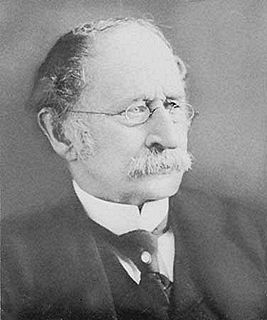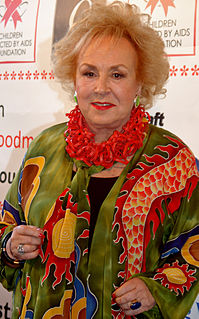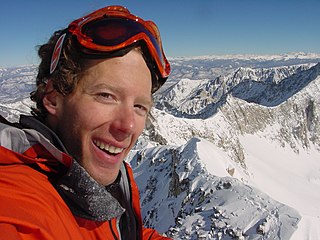A Quote by David A. Bednar
To be offended is a choice we make; it is not a condition inflicted or imposed upon us by someone or something else.
Related Quotes
When we believe or say we have been offended, we usually mean we feel insulted, mistreated, snubbed, or disrespected. And certainly clumsy, embarrassing, unprincipled, and mean-spirited things do occur in our interactions with other people that would allow us to take offense. However, it ultimately is impossible for another person to offend you or to offend me. Indeed, believing that another person offended us is fundamentally false. To be offended is a choice we make; it is not a condition inflicted or imposed upon us by someone or something else.
Love what you do, or don't do it. Don't make a choice of any kind, whether in career or in life, just because it pleases others or because it ranks high on someone else's scale of achievement...Make the choice to do something because it engages your heart as well as your mind. Make the choice because it engages all of you.
Perhaps the greatest charity comes when we are kind to each other, when we don’t judge or categorize someone else, when we simply give each other the benefit of the doubt or remain quiet. Charity is accepting someone’s differences, weaknesses, and shortcomings; having patience with someone who has let us down; or resisting the impulse to become offended when someone doesn’t handle something the way we might have hoped. Charity is refusing to take advantage of another’s weakness and being willing to forgive someone who has hurt us. Charity is expecting the best of each other
Trust in someone means that we no longer have to protect ourselves. We believe we will not be hurt or harmed by the other, at least not deliberately. We trust his or her good intentions, though we know we might be hurt by the way circumstances play out between us. We might say that hurt happens; it’s a given of life. Harm is inflicted; it’s a choice some people make.
In architecture, to do anything beyond object form is often treated as something extra-disciplinary - something outside the discipline that has nothing to do with art. So I'm making it clear that this is an artistic choice. It's not everyone's artistic choice. Some people should choose only to make object form because that's what gives them pleasure. But there are people for whom aesthetic pleasure comes from doing something else, and why would you deny that choice? It's another autonomous choice.
We still (sometimes) remember that we cannot be free if our minds and voices are controlled by someone else. But we have neglected to understand that we cannot be free if our food and its sources are controlled by someone else. The condition of the passive consumer of food is not a democratic condition. One reason to eat responsibly is to live free. (pg. 323, The Pleasures of Eating)





































